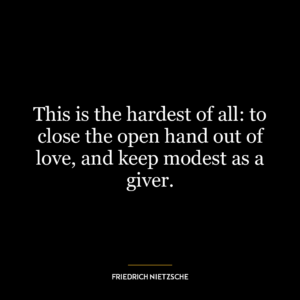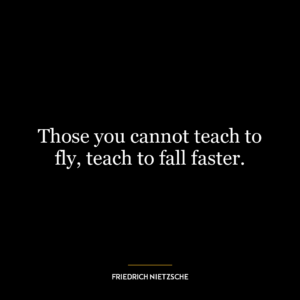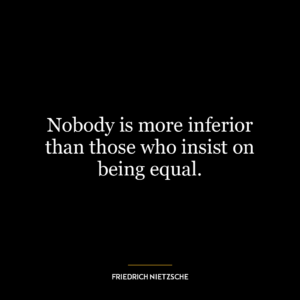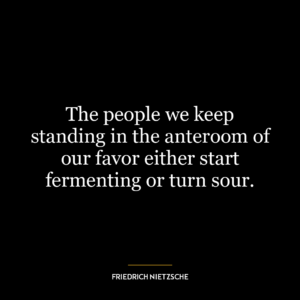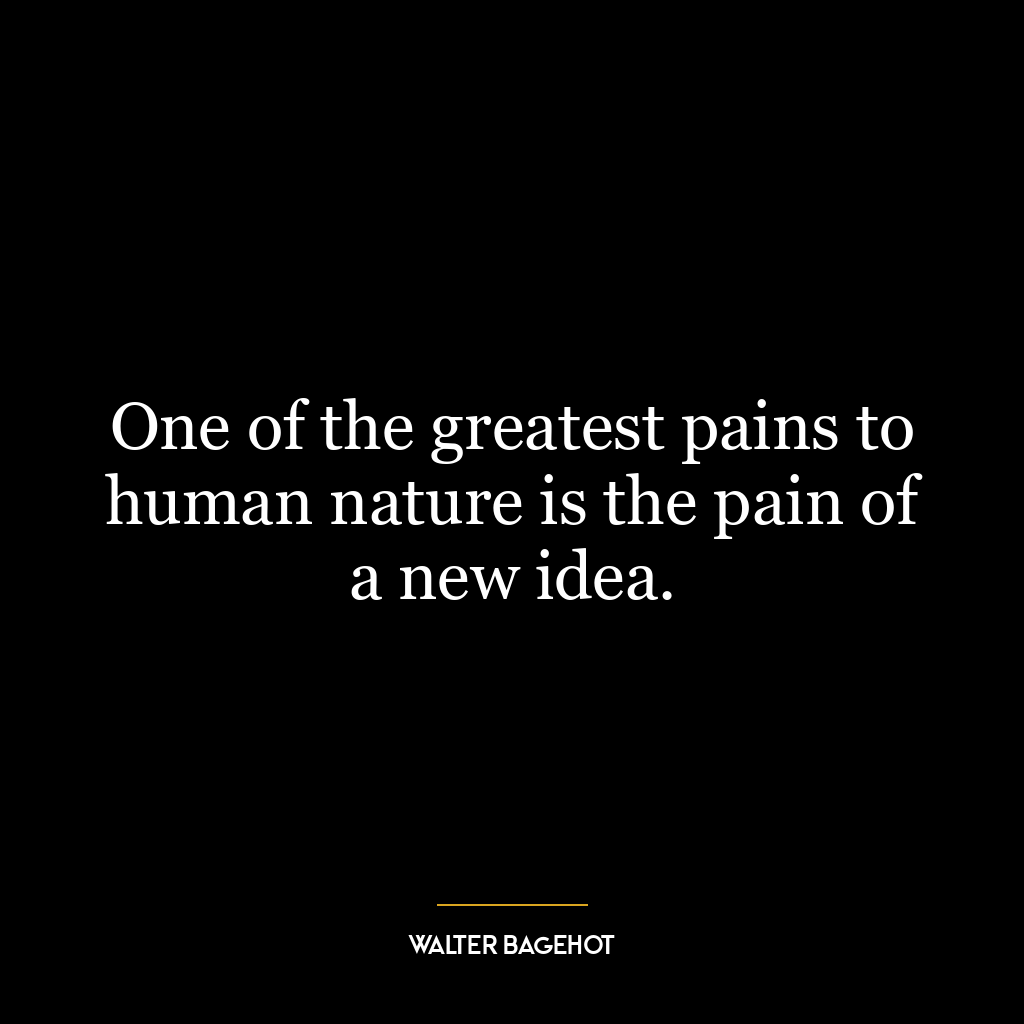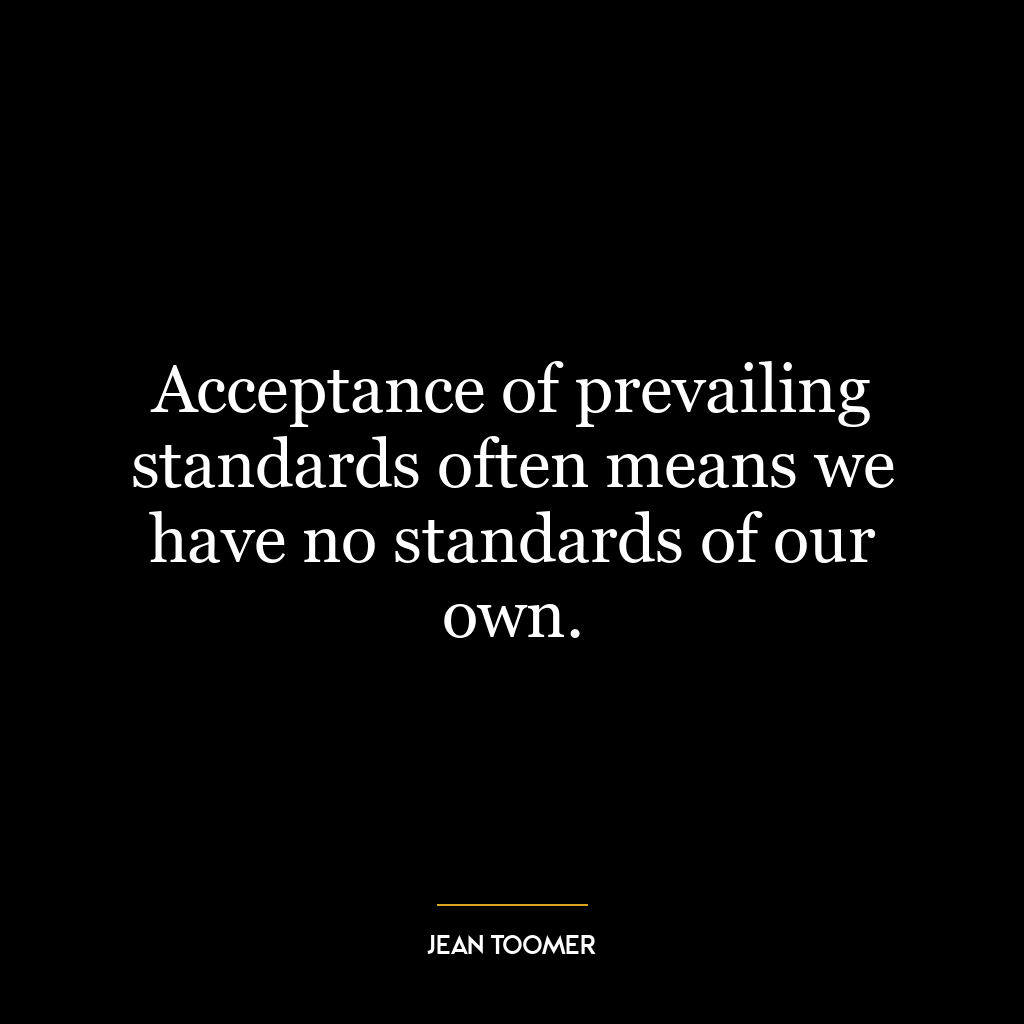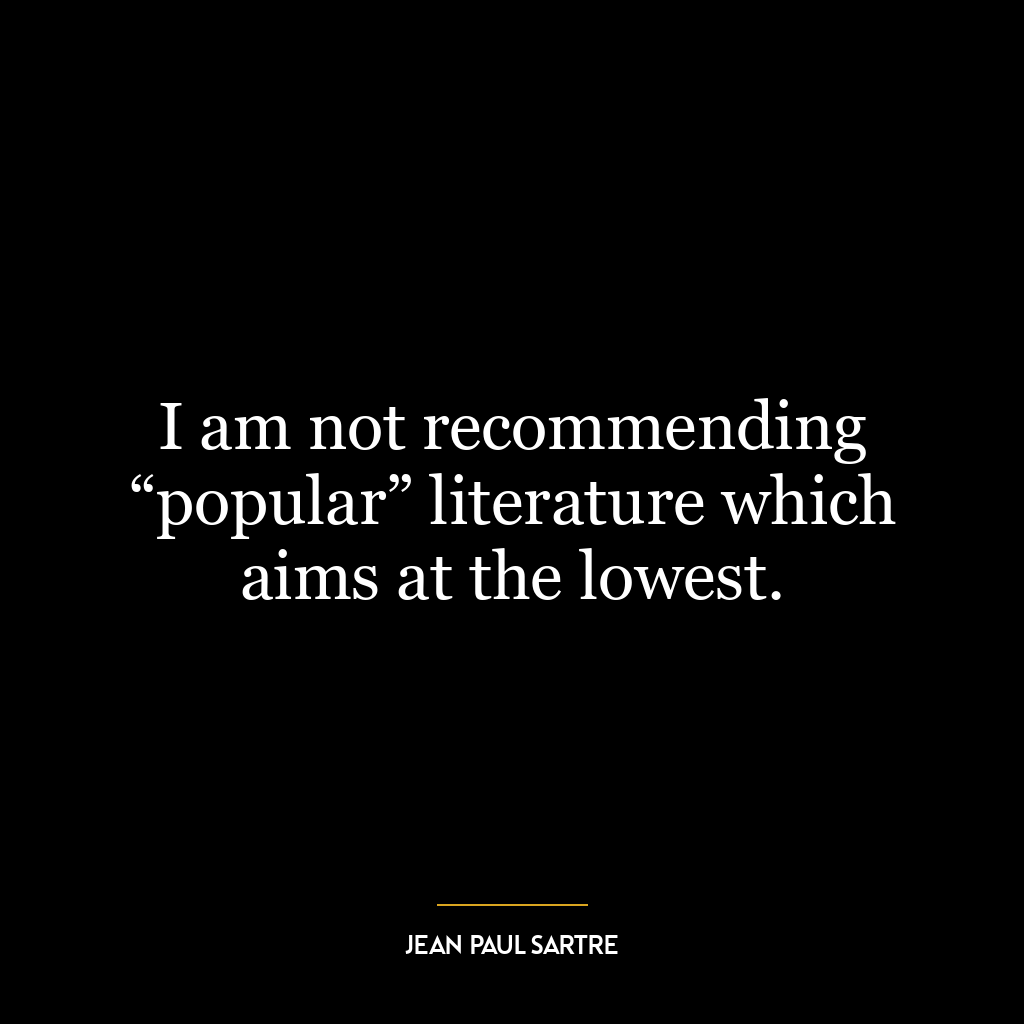This quote, “The good displeases us when we are not up to it,” is a profound commentary on human nature and personal growth. It suggests that when we encounter goodness, excellence, or high standards that we aren’t ready or equipped to meet, we often react negatively. This could be due to fear, insecurity, or a lack of confidence in our abilities. Instead of acknowledging our shortcomings and striving to improve, we might find it easier to dismiss or devalue the ‘good’ we see.
This idea can be likened to the psychological concept of cognitive dissonance – the mental discomfort experienced when confronted with new information that contradicts existing beliefs or values. In this case, the ‘good’ represents the challenging new information, and our negative reaction is a manifestation of cognitive dissonance.
For instance, imagine a person who aspires to write a novel. They read a beautifully written, critically acclaimed book. Instead of being inspired, they feel discouraged, criticizing the book as overrated or pretentious. This reaction stems from their insecurity and the realization that they are currently not capable of producing such work. The ‘good’ displeases them because they are ‘not up to it.’
In the context of personal development, this quote can serve as a reminder to be aware of our reactions to excellence or high standards. Instead of allowing our insecurities to dictate our responses, we can choose to view these instances as opportunities for growth and self-improvement. It encourages us to confront our shortcomings, and rather than being disheartened by them, use them as motivation to strive towards bettering ourselves.
In today’s world, where we are constantly exposed to the achievements and successes of others through social media, this idea is particularly relevant. It’s easy to feel inadequate when comparing ourselves to others’ highlight reels. But by recognizing this pattern, we can turn these feelings of inadequacy into inspiration and motivation to improve ourselves.
In essence, this quote is a call to embrace challenges, strive for excellence, and view our inadequacies not as failures, but as opportunities for growth and self-improvement.






